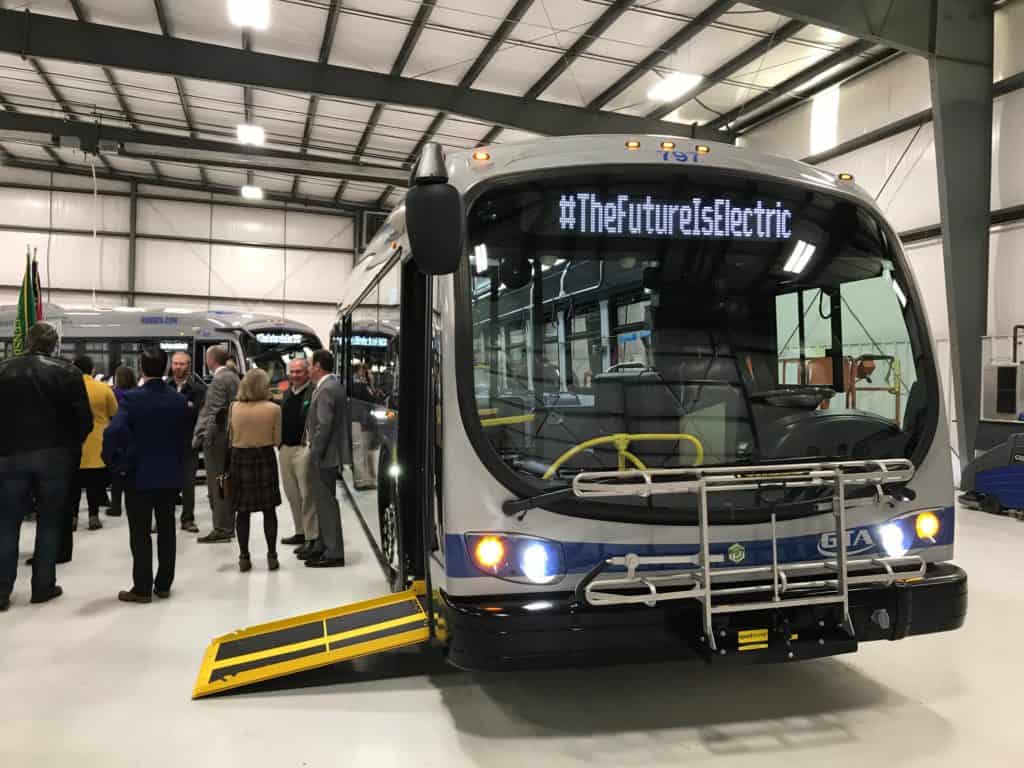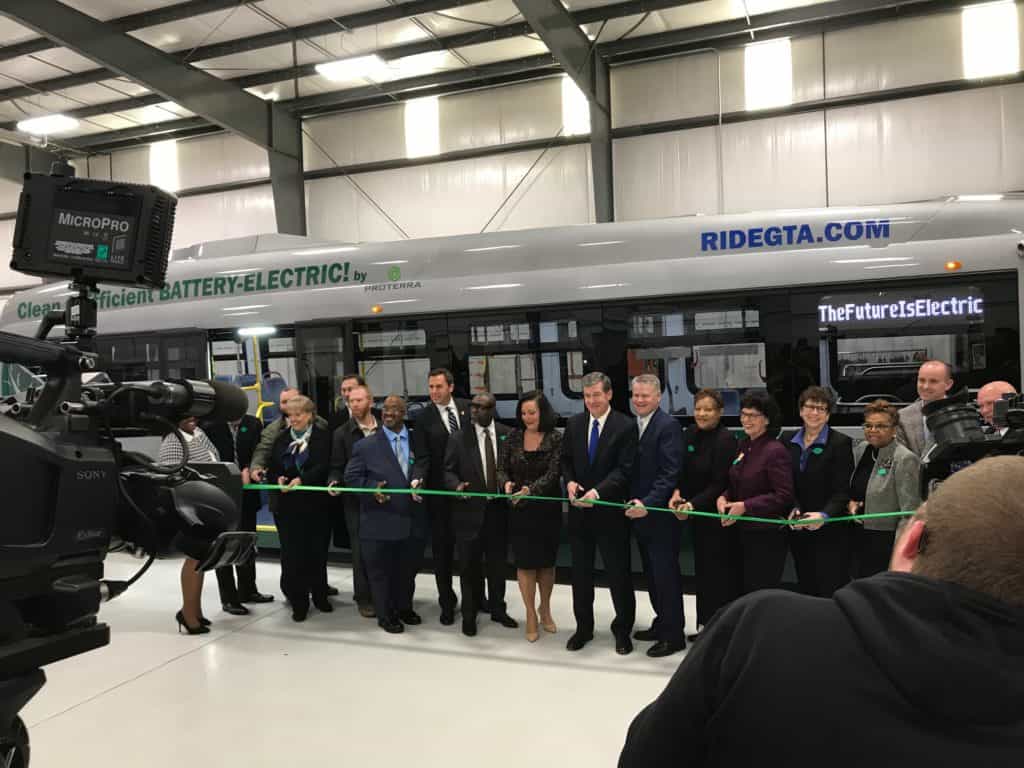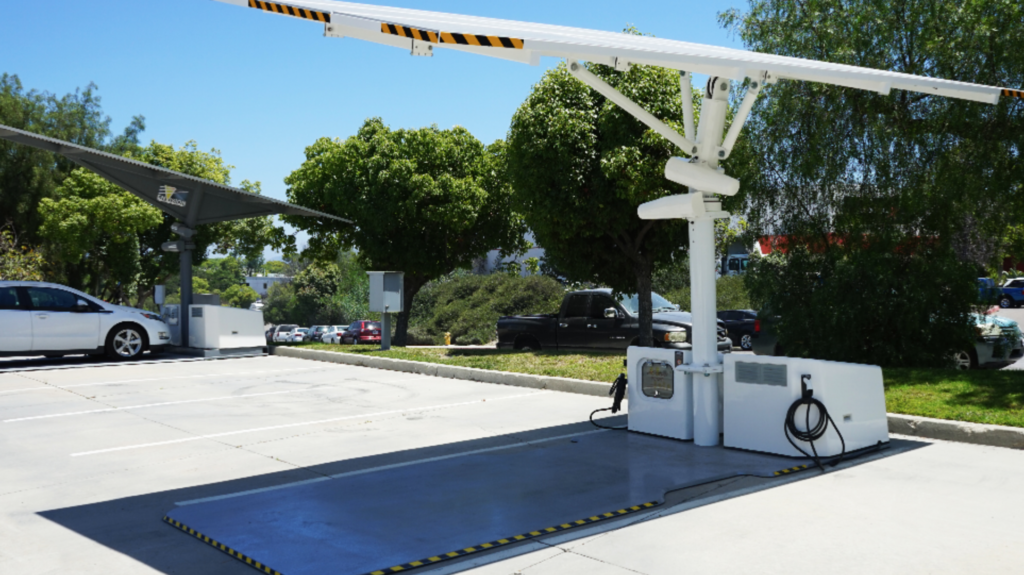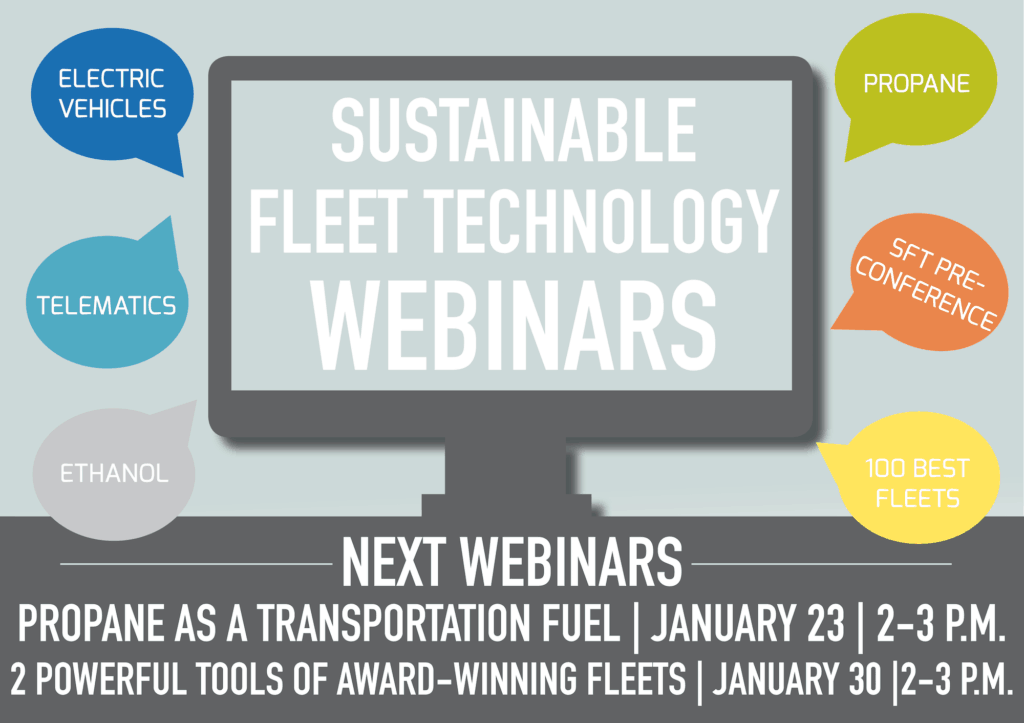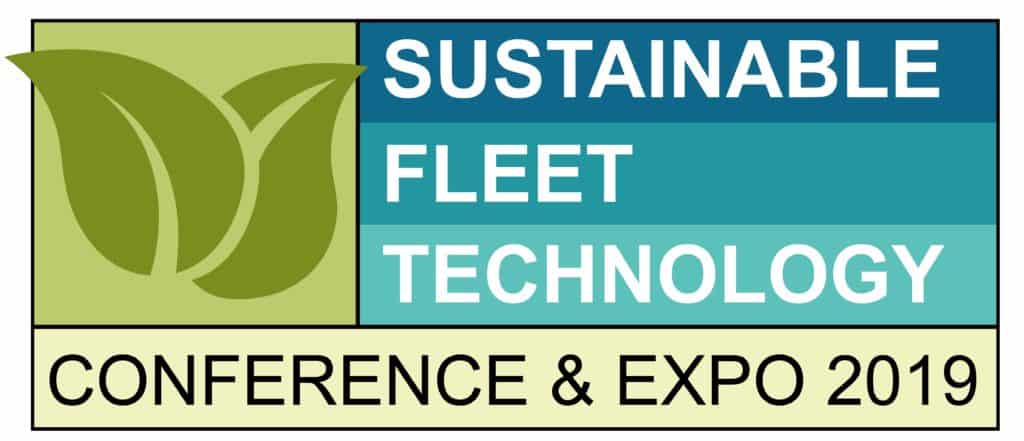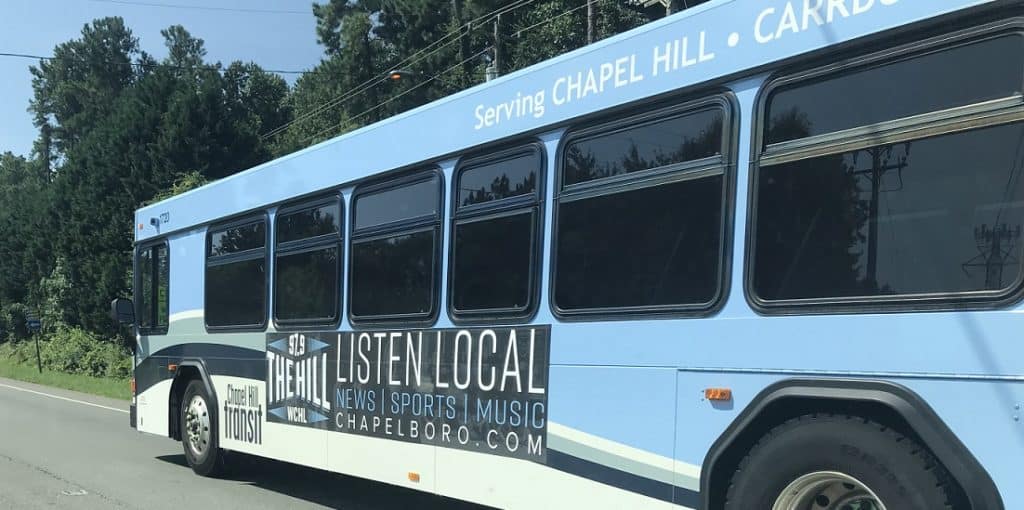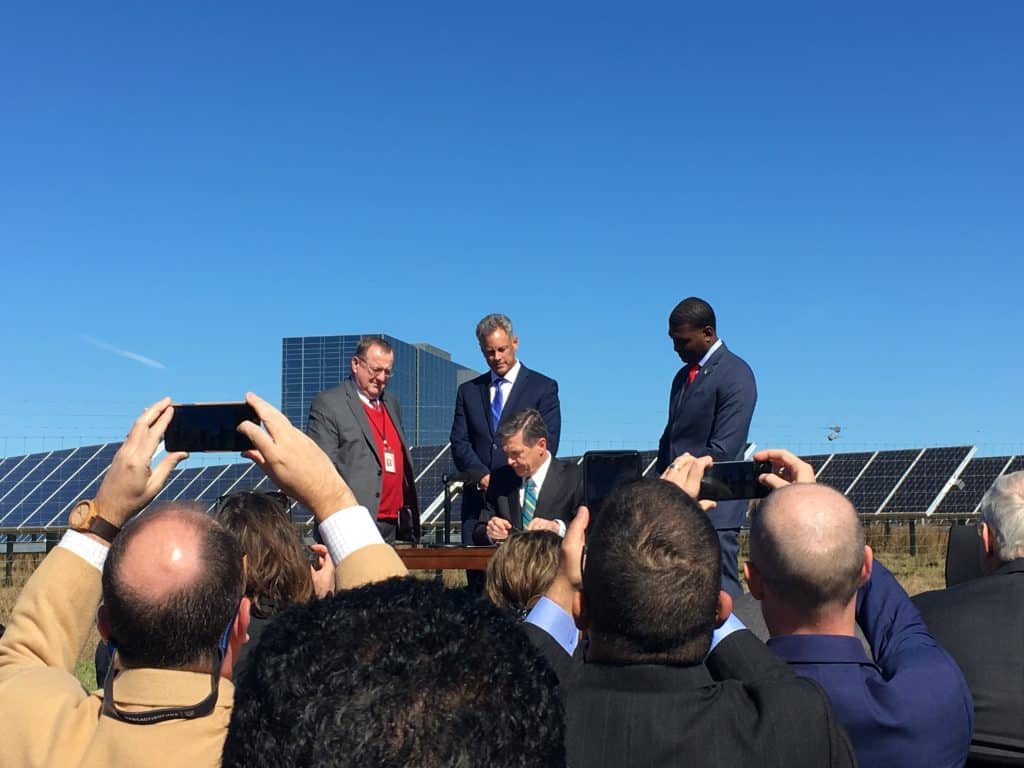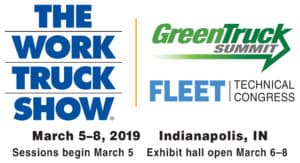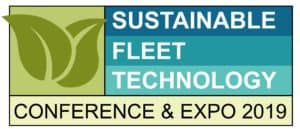North Carolina students from kindergarten through college can submit their artwork for a chance to be featured on billboards across the state
***DEADLINE EXTENDED TO SUNDAY, MAY 5***
The North Carolina Clean Energy Technology Center (NCCETC) has officially launched the 2nd Annual “Keep Our Air Clean” Student Art Contest, where students in North Carolina from kindergarten through college can submit their artwork for a chance to be featured on billboards across the state!
Artwork should focus on actions that people can take to reduce air pollution from vehicles and help keep our air clean. Examples: walking, biking, using public transportation, using electric vehicles or biofuels, and more. Please make artwork family-friendly and non-partisan. You can learn about the alternatives at cleantransportation.org or fuelwhatmatters.org.
Artwork in a more horizontal rectangular shape (about the shape of a billboard) is recommended.
Recommended dimensions:
400h x 1400w pixels at 72 ppi in RGB mode
400h x 840w pixels at 72 ppi
Save as JPG, PNG or BMP at maximum quality
The winner will be chosen based on:
Relevance and appropriateness of the message
Visual design
Public votes on our Facebook account
Art submissions will be accepted through Sunday, May 5. Please submit by emailing Heather Brutz at hmbrutz@ncsu.edu.
Artists who are over 18 or parents/legal guardians submitting on behalf of their children can submit artwork by directly emailing Heather Brutz at hmbrutz@ncsu.edu. You are agreeing to the legal terms below. Teachers submitting artwork on behalf of their students must return a signed permission form.
Winners will be announced in May. Stay tuned on nccleantech.ncsu.edu and FuelWhatMatters.org!
For more information or any questions, email Heather Brutz at hmbrutz@ncsu.edu.
Legal Terms
By submitting this photograph, image, graphic, or video (collectively the “work”) you hereby agree to the following:
• You certify and warrant that you are the legal guardian of the minor who is submitting the artwork or are the artist and are legally an adult.
• You certify and warrant that the work is your work or your child’s own original creative work and does not violate or infringe the copyright or other proprietary or intellectual property rights of others.
• You retain all copyright and equivalent rights but grant permission for NC State to use, reproduce, distribute, and/or release the work to the public in any manner and in any medium without payment of any fee, and in perpetuity.
• North Carolina State University reserves the right to use contestants’ names and works for educational publicity and/or promotional purposes, including website or exhibition of winning entries. You understand that the works will be shared with reporters covering these awards and for promotion of the competition itself. You hereby give North Carolina State University nonexclusive rights to use yours or your child’s name, likenesses, quotes and submissions for educational publicity and/or promotional purposes. This includes but is not limited to website display, print materials and exhibits.
• You hereby agree to indemnify NC State, its trustees, officers, agents, and employees, from any and all claims, demands, and liabilities (including attorneys’ fees) incurred as a result of a final judgment or settlement or any claim or legal proceeding arising out of or resulting from a breach or claimed breach of the foregoing representations and warranties.


